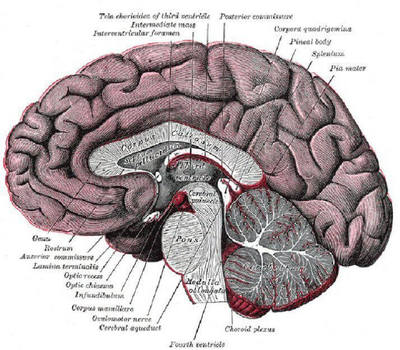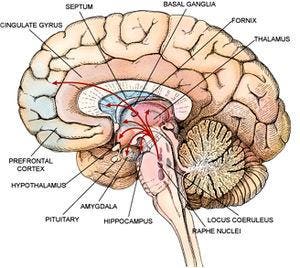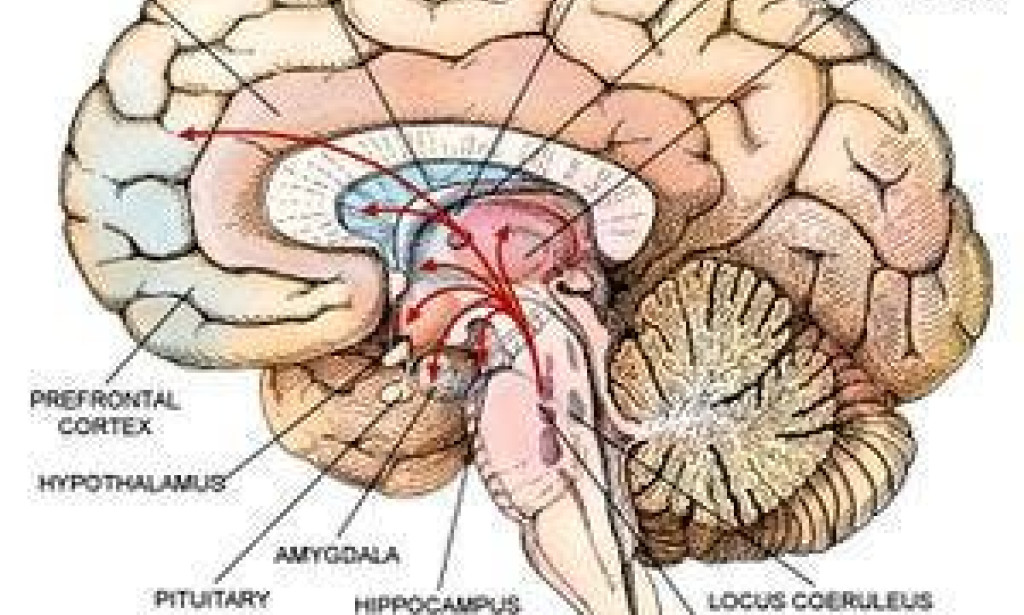
Introduction:
The human brain, with its intricate network of neurons and complex functions, is the command center of the body, responsible for regulating everything from basic bodily functions to higher cognitive processes. However, when the delicate balance of the brain is disrupted, it can lead to a wide range of neurological disorders and mental health challenges that profoundly impact individuals and society as a whole. In this article, we delve into the world of brain diseases, exploring their causes, symptoms, treatments, and the ongoing efforts to better understand and address these conditions.
Neurological Disorders:
Neurological disorders encompass a broad spectrum of conditions that affect the brain, spinal cord, and nerves, leading to impairments in movement, sensation, cognition, or other functions. One of the most common neurological disorders is Alzheimer's disease, a progressive degenerative condition characterized by memory loss, cognitive decline, and changes in behavior. Other neurological disorders include Parkinson's disease, multiple sclerosis, epilepsy, and stroke, each with its unique set of symptoms and challenges.
The underlying causes of neurological disorders vary widely, ranging from genetic predispositions to environmental factors and lifestyle choices. For example, Alzheimer's disease is associated with the accumulation of abnormal protein deposits in the brain, while Parkinson's disease is linked to the degeneration of dopamine-producing neurons. Understanding the underlying mechanisms of these disorders is crucial for developing effective treatments and interventions to slow or halt disease progression.
Mental Health Challenges:
In addition to neurological disorders, mental health challenges such as depression, anxiety, schizophrenia, and bipolar disorder also affect millions of people worldwide. Unlike neurological disorders, which primarily involve structural or functional abnormalities in the brain, mental health challenges often stem from a complex interplay of biological, psychological, and social factors.
Stigma and discrimination surrounding mental illness remain significant barriers to diagnosis, treatment, and recovery for many individuals. Despite advances in understanding and treatment, mental health challenges continue to be misunderstood and stigmatized, leading to inadequate access to care and support for those in need.
Treatment and Management:
Treatment options for brain diseases vary depending on the specific condition and its severity. In the case of neurological disorders, interventions may include medication to alleviate symptoms, physical therapy to improve mobility and function, and lifestyle modifications to promote overall brain health. For example, individuals with Parkinson's disease may benefit from medications that increase dopamine levels in the brain, while those with epilepsy may require antiepileptic drugs to control seizures.
In the realm of mental health, treatment approaches may include psychotherapy, medication, and psychosocial interventions aimed at addressing underlying psychological and social factors contributing to the condition. Early intervention and comprehensive care are essential for maximizing outcomes and improving the quality of life for individuals living with mental health challenges.
Research and Innovation:
Advances in neuroscience and technology have revolutionized our understanding of the brain and its disorders, paving the way for innovative approaches to diagnosis, treatment, and prevention. Neuroimaging techniques such as magnetic resonance imaging (MRI) and positron emission tomography (PET) enable researchers to visualize the structure and function of the brain in unprecedented detail, providing valuable insights into the underlying mechanisms of brain diseases.
Moreover, the emergence of precision medicine holds promise for personalized approaches to diagnosis and treatment, taking into account individual variations in genetics, environment, and lifestyle. Collaborative efforts between researchers, clinicians, and industry partners are driving progress in areas such as gene therapy, stem cell transplantation, and neurostimulation techniques, offering new hope for individuals living with debilitating brain diseases.
Challenges and Future Directions:
Despite significant advancements, challenges remain in the field of brain diseases, including limited access to care, disparities in healthcare delivery, and the complexity of neurological and mental health conditions. Addressing these challenges requires a multifaceted approach that encompasses increased funding for research, improved education and awareness, and enhanced collaboration between stakeholders across sectors.
Moreover, the growing burden of brain diseases underscores the need for prioritizing brain health as a public health imperative. Promoting brain-healthy lifestyles, reducing risk factors such as smoking and sedentary behavior, and investing in early intervention and prevention strategies are essential for reducing the prevalence and impact of brain diseases on individuals, families, and society as a whole.
Conclusion:
In conclusion, brain diseases encompass a diverse array of neurological disorders and mental health challenges that affect millions of people worldwide. From Alzheimer's disease to depression, these conditions pose significant burdens on individuals, families, and healthcare systems, underscoring the urgent need for increased awareness, research, and investment in brain health. By working together to advance our understanding of the brain and develop innovative approaches to prevention, diagnosis, and treatment, we can strive towards a future where brain diseases are better understood, effectively managed, and ultimately prevented.



You must be logged in to post a comment.